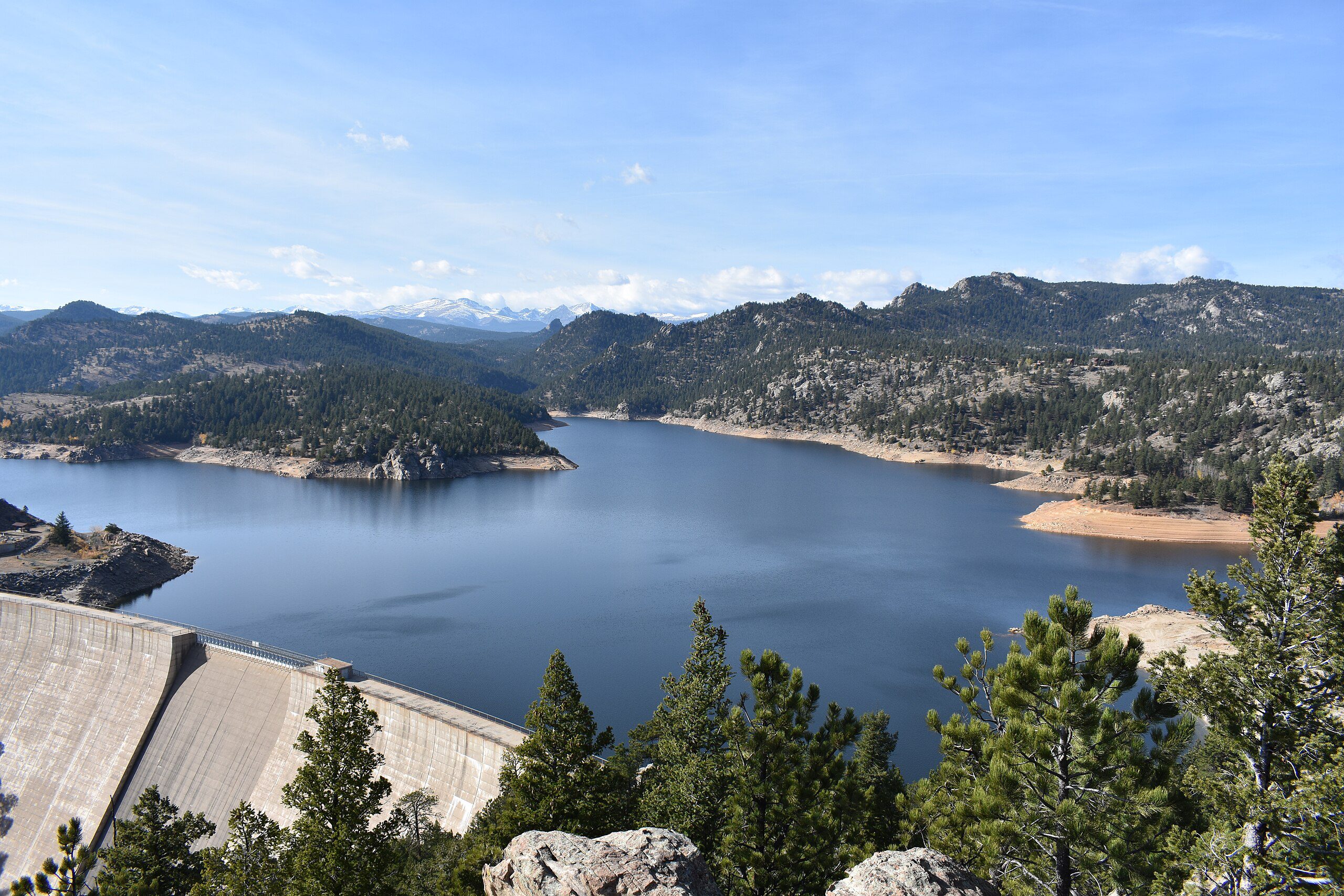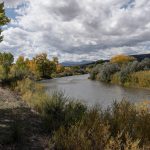- Federal judge rules against Gross Reservoir expansion permit.
- Violations of Clean Water Act and NEPA cited in decision.
- Environmental groups challenge environmental impacts.
- Denver Water emphasizes project’s importance for water security.
- Construction faces regulatory deadlines.
- Future of the reservoir expansion remains uncertain.
October 31, 2024 — A federal judge has blocked Denver Water’s plan to expand Gross Reservoir, a project intended to increase water capacity for the Denver metropolitan area. The ruling came after environmental groups challenged the U.S. Army Corps of Engineers’ decision to issue a permit for the expansion, alleging violations of federal environmental laws. (Order linked below.)
Environmental Groups’ Legal Challenge.
Six environmental organizations, including Save the Colorado and WildEarth Guardians, filed a lawsuit in 2018 contesting the Army Corps of Engineers’ permit. They argued that the project would cause significant environmental damage by flooding over 400 acres of forested land, removing more than 500,000 trees, and disrupting local ecosystems.
Violations of Environmental Laws.
Judge Christine M. Arguello ruled that the Army Corps of Engineers violated the Clean Water Act and the National Environmental Policy Act (NEPA) when it approved the project. The court found that the Corps failed to adequately consider less environmentally damaging alternatives and did not thoroughly assess the potential impacts of climate change on water availability for the reservoir.
Under the Clean Water Act, the Corps must demonstrate that a project is the “Least Environmentally Damaging Practicable Alternative.” The judge concluded that this standard was not met. Additionally, NEPA mandates that federal agencies take a “hard look” at the environmental consequences of proposed actions, which the court determined was insufficiently done in this case.
Denver Water’s Response and Safety Concerns.
Despite the ruling, Denver Water stated that it could not entirely halt construction due to concerns about the structural integrity of the existing dam and the need to meet federally mandated deadlines. In a public statement, Denver Water wrote :
:
“Denver Water is responsible for providing a safe and secure water supply for 1.5 million people in Denver and portions of the surrounding metro area and has understood the urgency of the Gross expansion since the 1990s, when the environmental community recommended expansion of the reservoir as part of a plan to address future supply and water security.
The utility began working on permitting for the project in 2002, more than 20 years ago. The project has been analyzed and permitted in various forms by no fewer than seven state and federal environmental agencies, and Denver Water has consulted extensively with environmental organizations, nonprofits, the public, and other stakeholders to identify efforts to enhance and reasonably restore resources on both the West Slope and Front Range. Denver Water is also operating under a legally mandated deadline for project completion in 2027 from FERC.”
Denver Water maintains that the expansion is essential for ensuring a reliable water supply for 1.5 million people in the Denver area, especially in the face of climate change, droughts, and wildfire threats.
An Uncertain Future.
The court has ordered all parties involved—the environmental groups, Denver Water, and the Army Corps of Engineers—to discuss the path forward. The ruling leaves the future of the Gross Reservoir expansion uncertain as stakeholders seek a resolution that addresses both environmental concerns and water supply needs.
Link to Court Order.
Order on Petition for Review of Agency Action issued October 16, 2024, by Senior Judge Christine M. Arguello, United States District Court for the District of Colorado. Civil Action No. 18-cv-03258-CMA: SAVE THE COLORADO, THE ENVIRONMENTAL GROUP, WILDEARTH GUARDIANS, LIVING RIVERS, WATERKEEPER ALLIANCE, and SIERRA CLUB, Petitioners, v. TODD T. SEMONITE, in his official capacity as the Chief of the U.S. Army Corps of Engineers, RYAN ZINKE, in his official capacity as Secretary of the Interior, and MARGARET EVERSON, in her official capacity as Acting Director of the U.S. Fish and Wildlife Service, Respondents, and CITY AND COUNTY OF DENVER, ACTING BY AND THROUGH ITS BOARD OF WATER COMMISSIONERS, Respondent-Intervenor.
issued October 16, 2024, by Senior Judge Christine M. Arguello, United States District Court for the District of Colorado. Civil Action No. 18-cv-03258-CMA: SAVE THE COLORADO, THE ENVIRONMENTAL GROUP, WILDEARTH GUARDIANS, LIVING RIVERS, WATERKEEPER ALLIANCE, and SIERRA CLUB, Petitioners, v. TODD T. SEMONITE, in his official capacity as the Chief of the U.S. Army Corps of Engineers, RYAN ZINKE, in his official capacity as Secretary of the Interior, and MARGARET EVERSON, in her official capacity as Acting Director of the U.S. Fish and Wildlife Service, Respondents, and CITY AND COUNTY OF DENVER, ACTING BY AND THROUGH ITS BOARD OF WATER COMMISSIONERS, Respondent-Intervenor.
~~~
Image:
Gross Reservoir , October 2017 by SOTMUS. Licensed under the Creative Commons Attribution-Share Alike 4.0 International license.
, October 2017 by SOTMUS. Licensed under the Creative Commons Attribution-Share Alike 4.0 International license.






Leave a Reply